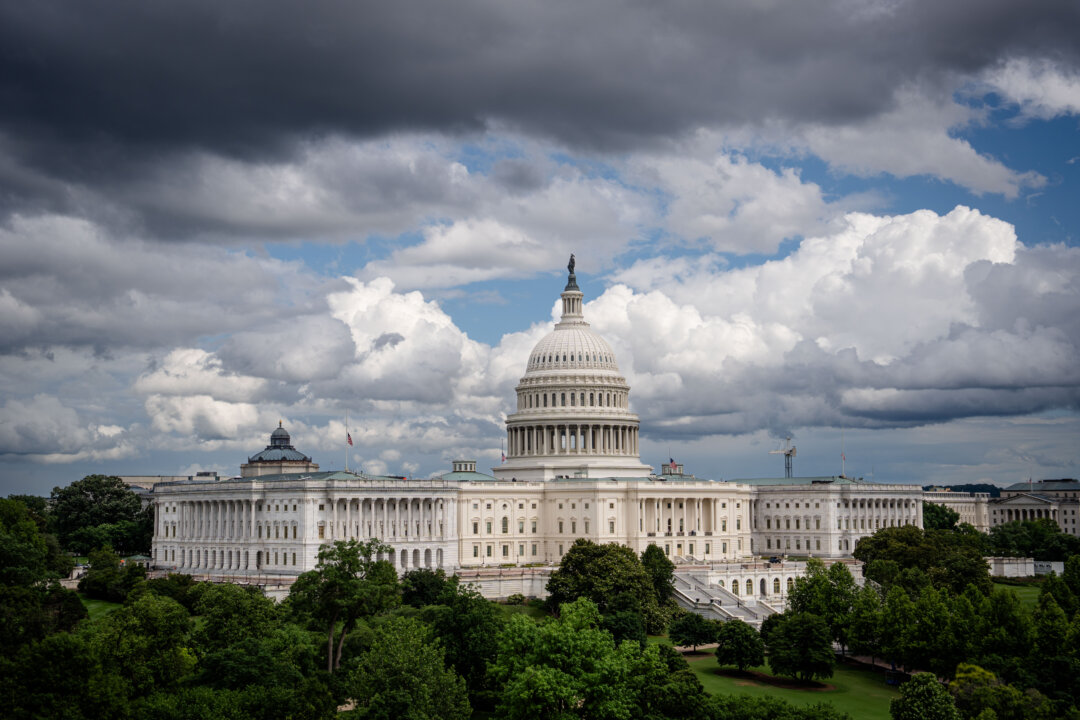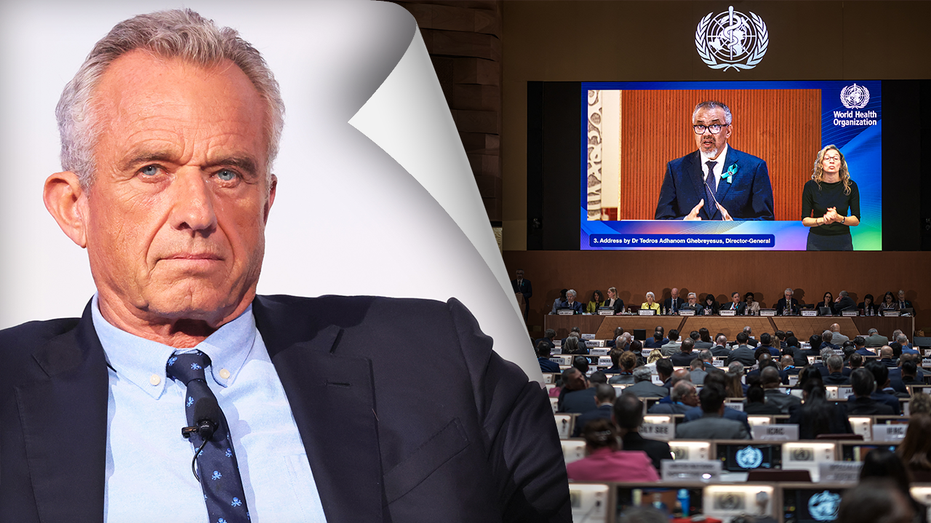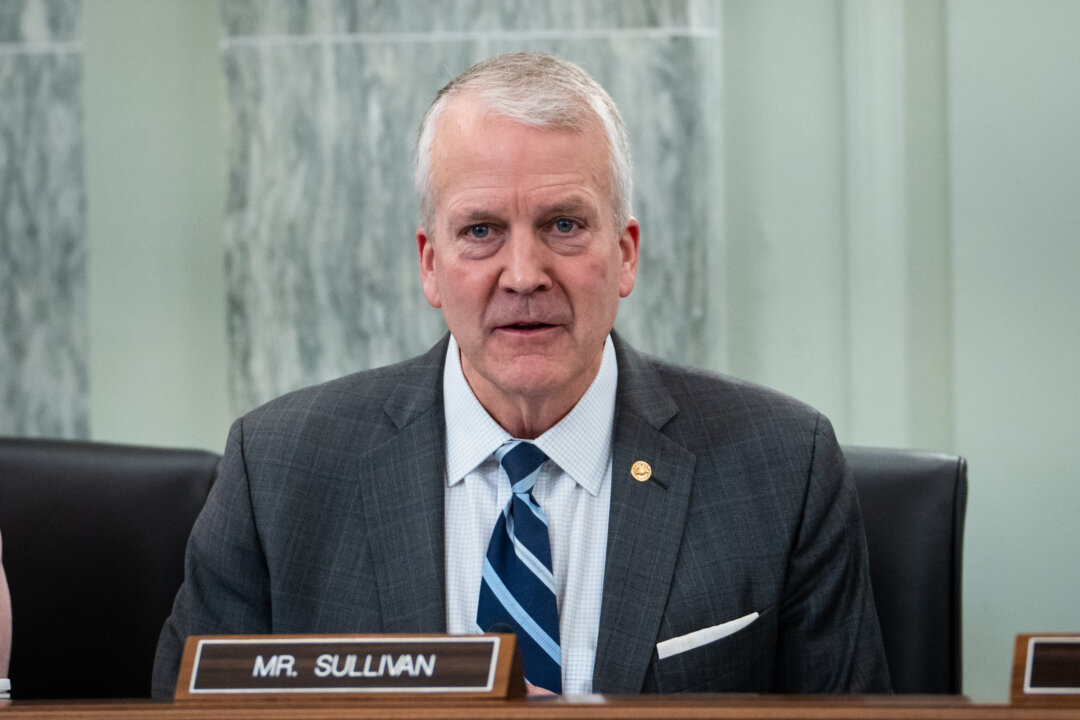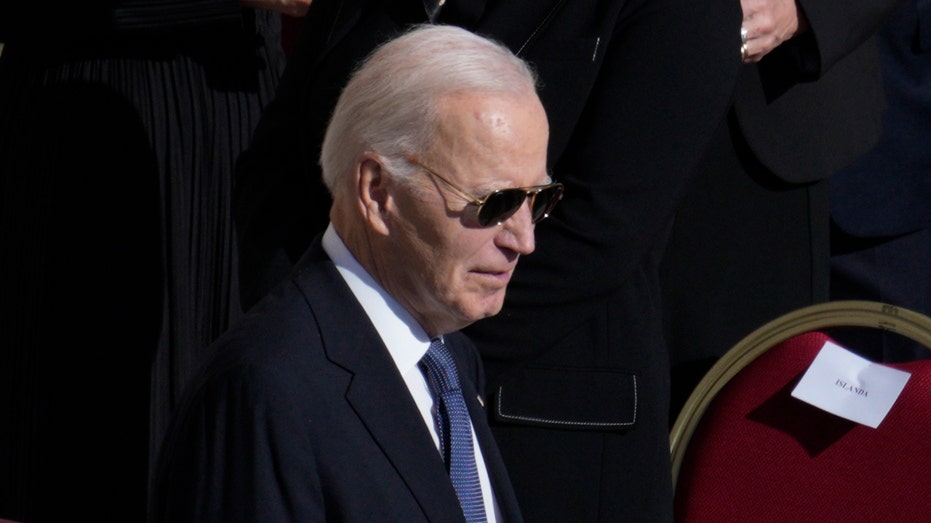Australian Prime Minister Anthony Albanese took office in 2022 pledging to end the country's climate wars — and he may have just done it.
"The wars are on, but the good guys are winning them more,” Climate Change and Energy Minister Chris Bowen told me ahead of Albanese reappointing him to his post last week, after his Labor Party won its largest majority in 80 years.
Climate does not generally win elections — but it can help lose them, as demonstrated by four previous Australian prime ministers and the Greens' recent losses in the EU. More often, it simply becomes a partisan cudgel, as in the United States, where Republicans are fast dismantling the Biden administration's clean-energy agenda after Democrats failed to defend it in the 2024 election.
So the fact that Albanese became Australia’s first prime minister in 20 years to serve a full term and win another in part on his climate agenda is worth unpacking, even for politicians and energy leaders who have never heard of Warringah or Kooyong. His trajectory holds lessons for not only how to win on climate-friendly energy policies, but how to hold power while executing on them.
Key among his tactics is a relentless focus on positive economic messaging — namely, that Australia has hitched its economic engine to renewable energy. At the same time, he's pursued a decidedly all-of-the-above energy policy that envisions continued exports of coal and natural gas from the country's ample deposits. (Compare that to the indifference of national Democrats in the U.S. when party leaders in natural gas-rich states protested against former President Joe Biden’s moratorium on export permits.)
The campaign marked a new chapter in selling voters on not just the prospect of climate action, but the specific policies needed to get there. "The 2022 election, when we came to office, was a climate win," Bowen said. "The 2025 election was an energy win."
It also helped that Albanese and his party got a big assist from Donald Trump. The election was a toss-up until late February, when Trump and his trade wars began dragging down MAGA-embracing Liberal leader Peter Dutton in the polls.
But the climate formula is simple — not to say boring — to hear Bowen tell it. The win was not particularly sexy. It was basic economics and a willingness to course correct in response to voters’ anxieties about the cost of energy.
"Climate change in Australia has cost several prime ministers their job," Bowen said. "We won the argument when we turned the debate around and didn't accept the premise that action on climate change can come at an economic cost, but in fact was an economic opportunity for Australia."
Albanese's achievement in getting voters to accept this idea comes after a decade and a half of painful political lessons.
One key takeaway: double down on carrots over sticks. Where enervated Democrats in the U.S. are now backing away from climate policies in the name of "affordability," Australia’s Labor fended off cost-of-living arguments by giving out $300 energy bill credits and corporate tax exemptions for electric vehicles. It handed out subsidies for renewable energy — rooftop solar in particular, which is now on a third of Australian homes, the highest concentration in the world — but also batteries and efficient appliances.
Another message other countries are already heeding is to jettison carbon pricing, the policy that toppled Labor's Julia Gillard in 2013. Turning away from carbon taxes has proved a political winner in two hemispheres. It’s much the same story as in Canada, where, before Trump proved decisive to that election as well, now-Prime Minister Mark Carney's first campaign move was to cut himself loose from Justin Trudeau's consumer carbon tax (he kept a cap on big industrial emitters, though).
At the same time, on Australia’s right, worsening wildfires and heat waves eventually coalesced enough independents into a loose coalition known as the Teals that campaigned on climate change. In 2019, a Teal ousted Tony Abbott, the former Liberal prime minister who unseated Gillard six years earlier over her carbon tax.
That set up the 2025 election along a broad axis of nominal support for maintaining the country's net-zero emission goal. But where Labor campaigned on more renewables to replace aging coal plants, the Liberals threw their weight behind nuclear power — complete with a $331 billion price tag, by their own estimate. Energy policy turned into an own goal, with Dutton losing his seat after he proposed putting a nuclear plant in his district.
"They weren't vulnerable to cost of living being tied to their electricity policies or their car policies or anything, because the Liberals had already made a terrible blunder in going for really expensive nuclear," said Mark Kenny, a professor at Australian National University and a former chief political correspondent for the Sydney Morning Herald.
Albanese also hasn't made any moves away from the country's considerable coal and natural gas reserves, which have made it the world's second-largest exporter of both (after the U.S., for gas, and Indonesia, for coal).
"We are a traditional energy superpower, and we want to become a renewable energy superpower, but it takes time," Bowen said. (Carney is similarly pledging, "We can be an energy superpower.")
Bowen's now seeking to secure Australia's bid to host next year's U.N. climate talks, on the basis of his record. "We'll be making economic arguments to other countries," he said. "Even if you don't think this is a moral obligation, the economics can work pretty well for us.'"
That's how Australia has arrived at something of a Goldilocks moment. When automakers protested Labor's first-ever vehicle emissions standards, they scaled them back some. Not everything is kumbaya — farmers are still revolting over transmission lines being built across their property — but by and large, the wars have receded.
"You must thread the needle of economic benefit first and foremost, then climate benefit," said Andrew Forrest, the Australian mining magnate turned climate evangelist who's made his Fortescue iron mining empire into an advertisement for the economic benefits of going green.
If these policies sound a lot like Biden's, who signed laws that were projected to unleash roughly $1 trillion for clean energy and infrastructure while presiding over a historic boom in both fossil fuels and renewables, it's not a coincidence.
"My little slogan is, 'The world's climate emergency is Australia's jobs opportunity,'" Bowen said. "That was, in part, to be fair to our American cousins, inspired by Joe Biden saying, 'I see climate change and I see jobs.' We're really saying the same sorts of things, but we've been able to, I guess, continue to argue and continue to prosecute it."
Yet for all the lessons other countries might take from Albanese’s win, Australia's success in extricating climate from the culture wars into the realm of policy debates may not be replicable here.
As the Trump administration dismantles everything from fuel efficiency rules to power plant emissions standards, the biggest remaining question is whether Republicans will muster the motivation to maintain any scraps of the Inflation Reduction Act. There's something almost quaint about Australians having actually had it out over a period of decades, compared to the U.S.'s trajectory of pushing Democrats’ profferings ever more irretrievably into the partisan fray.
Australians concede a certain cynicism is lacking from their politics — in part thanks to mandatory voting, which reduces the incentive for politicians to pander to their bases.
"They take what a politician says, as we say in Australia, with a pinch of salt, and look for the facts,” Forrest said. “And therefore you got a different result in Australia than you did in North America."
Still, politicians in other countries around the world would do well to look to Australia for how to turn down the temperature.
.png)













 English (US)
English (US)